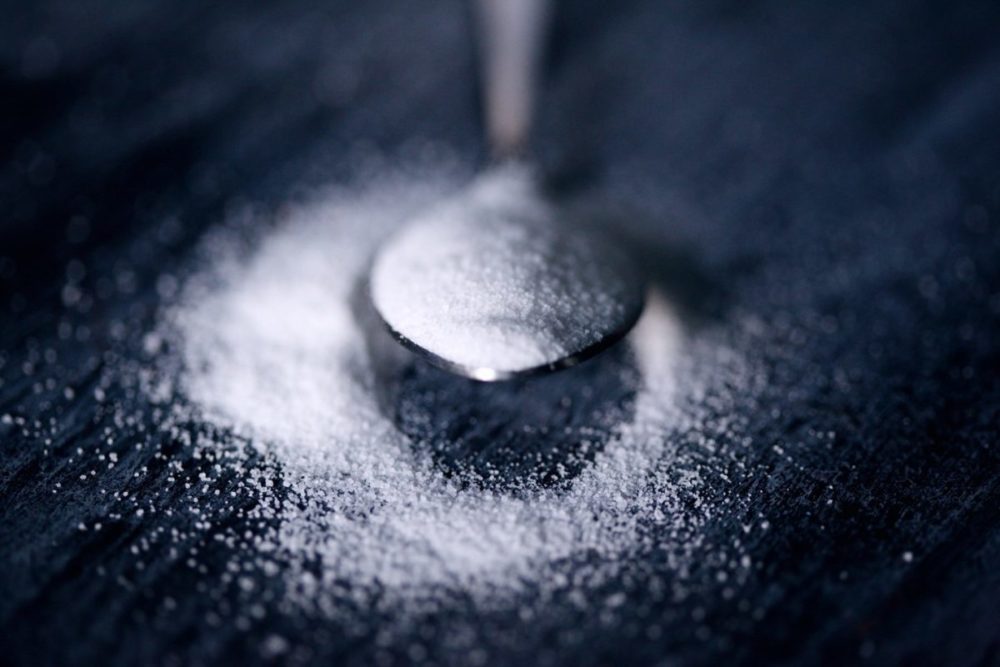New research from two Danish scientists at Aarhus University found the bitter characteristics of coffee can make a person more sensitive to sweetness. The study, which was published in the journal Foods, found this effect was independent of caffeine and helps explain why many people enjoy the experience of bitter dark chocolate with coffee.
The researchers recruited 156 subjects to test the effect of coffee on a person’s sense of taste and smell. The subjects followed baseline tests to establish initial taste and smell levels, then consumed a lukewarm espresso. Soon after, all the subjects were then instructed to drink a small cup of tap water to cleanse their palettes, before undergoing the taste and smell tests a second time.
Related: Molson Coors Expands to Hard Coffee
“When people were tested after drinking coffee, they became more sensitive to sweetness and less sensitive to bitterness,” said Alexander Wieck Fjældstad, co-author of the new research.
Since prior studies have suggested that exposure to bitter tastes generally reduce perceptions of sweet tastes, this result was unexpected. For example, the two compounds found in coffee, caffeine and quinine, have previously been found to directly inhibit the activity of certain sweet taste receptors.
The researchers saw the same results during a second experiment with decaffeinated coffee. This eliminated the role of caffeine in altering taste sensations after drinking coffee.
“We already know that our senses have an effect on each other, but it’s a surprise that our registration of sweetness and bitterness is so easily influenced,” Wieck Fjældstad said. “It’s probably some of the bitter substances in the coffee that create this effect.”
In addition to helping explain why the bitter dark chocolate and coffee combination is so desirable, the research also suggests how dynamic our taste perception is. The study also points to new kinds of food additive research that could maintain sweet taste perception without increasing sugar content in foods.
“More research in this area could have significance for how we regulate the way in which we use sugar and sweeteners as food additives,” added Wieck Fjældstad. “Improved knowledge can potentially be utilized to reduce sugar and calories in our food, which would be beneficial for a number of groups, including those who are overweight and diabetes patients.”










Join or login to leave a comment
JOIN LOGIN